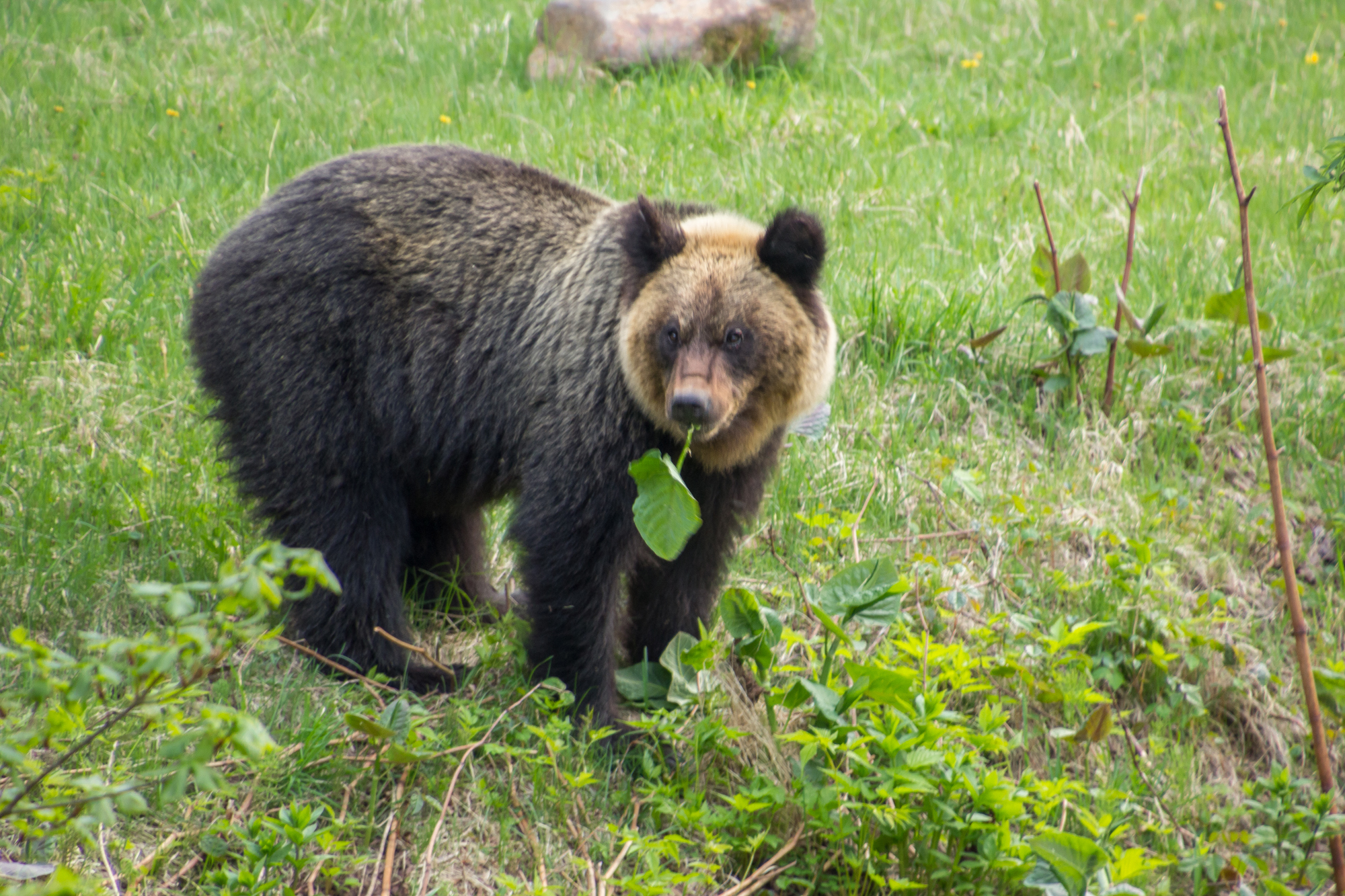On Aug. 6, the BBC aired a story about four Ussuri brown bears being successfully transported from a museum in Hokkaido to a wildlife park in England. In the story, a British organization called Wild Welfare said it had become "concerned" about the animals' living situation at the Ainu Museum, where they had been kept in old, cramped cages for most of their lives, which one member said is "sadly reflective of the conditions that many captive bears in Japan are in."
The BBC treated the story as breaking news, but in Japan few news organizations covered it. Jiji Press, which reported the story from the United Kingdom, mentioned that Ussuri bears are "endangered," and explained that the museum was incapable of caring properly for them. The Hokkaido Shimbun reported that foreign visitors to the facility had complained about the small enclosures for the bears, and that the museum decided to give them to the wildlife park because it has a "better environment." The newspaper also mentioned that the museum was closed in March for long-term renovations, and NHK said the bears would not be part of the new exhibits. They also pointed out that Ainu, the indigenous people of Hokkaido, look on bears as a kind of deity.
Of the top 10 search results for the word "bear" recently seen on the Hokkaido Shimbun website, nine are articles that present the animals in a more or less negative light. Bears are the largest land mammals in Japan and have been known to attack humans and pets, although experts insist they instinctively avoid people and only become aggressive when their cubs are threatened or they are cornered or attacked themselves.



